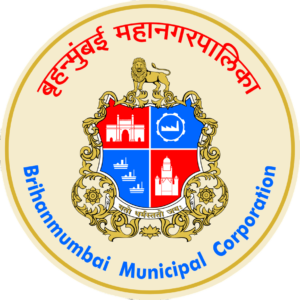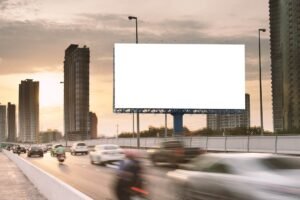As a consequence of the May 13 hoarding incident in Ghatkopar, Mumbai, that killed and injured many, the Mumbai civic body has set up an eight-member panel for developing and framing comprehensive guidelines concerning billboards, outdoor advertising, and overseeing the transition to digital hoarding in the city.
Panel Composition
The panel consists of experts from IIT Bombay, NEERI, and the BMC commissioner. Ashwini Joshi, BMC Additional Commissioner, will head the penal. Rakesh Kumar, an ex-employee of the National Environmental Engineering Research Institute (NEERI), is the environment expert on the panel. Other members include IIT Bombay’s Prof. Avjit Maji, Prof. Nagendra Rao Velaga, and Prof. Shreekumar from the Department of Industrial Design. Joint Police Commissioner Anil Kumbhare, BMC’s Deputy Commissioner Kiran Dighavkar, and Superintendent of Licence Anil Kate are also members. 
The guidelines will balance the “aesthetic, economic, and regulatory aspects” of outdoor advertising in Mumbai, according to an official from the Brihanmumbai Municipal Corporation.
It further states that a multidisciplinary committee “will delve into the environmental, health, and traffic safety implications of granting permissions” for digital hoardings.
On Wednesday, the Brihanmumbai Municipal Corporation (BMC) appointed Veermata Jeejabai Technological Institute (VJTI) to conduct a structural audit of the collapsed billboard.
About the incident
A massive 120-feet illegal hoarding in the city’s Ghatkopar area collapsed on a petrol pump during gusty winds and unseasonal rains, leaving 17 dead so far and over 70 injured. The hoarding was found on land belonging to the Government Railway Police (GRP) in the Chheda Nagar locality.
The civic chief had also asked the Central Railway and Western Railway to remove oversized hoardings from their premises.
The BMC has further raised concerns regarding digital advertising billboards, saying these hoardings distract citizens and motorists, especially in the dark.
A civic official said, “Digital billboards cause distraction to motorists and citizens, especially in the evening and at night, health implications of placement in residential areas, and environmental impacts like light pollution. Therefore, it is expected that the advertising policy should be considered accordingly.”
The panel is expected to submit a report in one or two months.










